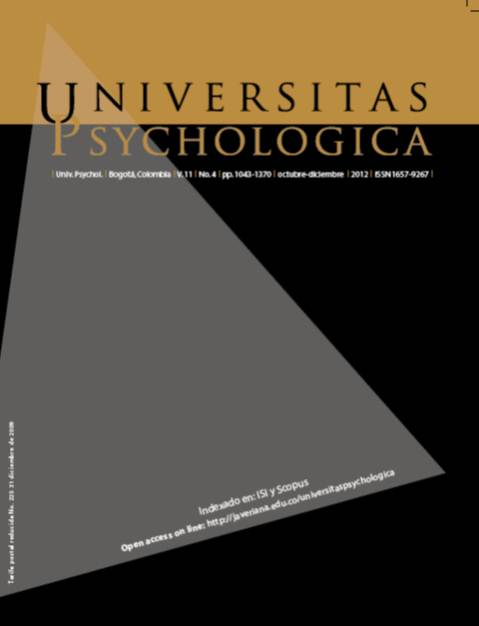Abstract
The present study examined the relationships between the use of cognitive emotion regulation strategies, physical-verbal aggression and depression in a sample of 248 adolescents. Specific emotion regulation strategies such as acceptance, rumination and catastrophizing explained significant variance in depression in adolescents. With respect to physical-verbal aggression, our results showed that the use of self-blame and rumination only predicted levels of aggression in boys but not girls. Regarding gender differences, girls tend to ruminate and to report more catastrophic thoughts than boys. Our findings suggest a profile of cognitive emotion regulation strategies related to physical-verbal aggression and depressive symptoms which might be taken into account in future socio-emotional learning programs for adolescents.
This journal is registered under a Creative Commons Attribution 4.0 International Public License. Thus, this work may be reproduced, distributed, and publicly shared in digital format, as long as the names of the authors and Pontificia Universidad Javeriana are acknowledged. Others are allowed to quote, adapt, transform, auto-archive, republish, and create based on this material, for any purpose (even commercial ones), provided the authorship is duly acknowledged, a link to the original work is provided, and it is specified if changes have been made. Pontificia Universidad Javeriana does not hold the rights of published works and the authors are solely responsible for the contents of their works; they keep the moral, intellectual, privacy, and publicity rights. Approving the intervention of the work (review, copy-editing, translation, layout) and the following outreach, are granted through an use license and not through an assignment of rights. This means the journal and Pontificia Universidad Javeriana cannot be held responsible for any ethical malpractice by the authors. As a consequence of the protection granted by the use license, the journal is not required to publish recantations or modify information already published, unless the errata stems from the editorial management process. Publishing contents in this journal does not generate royalties for contributors.


